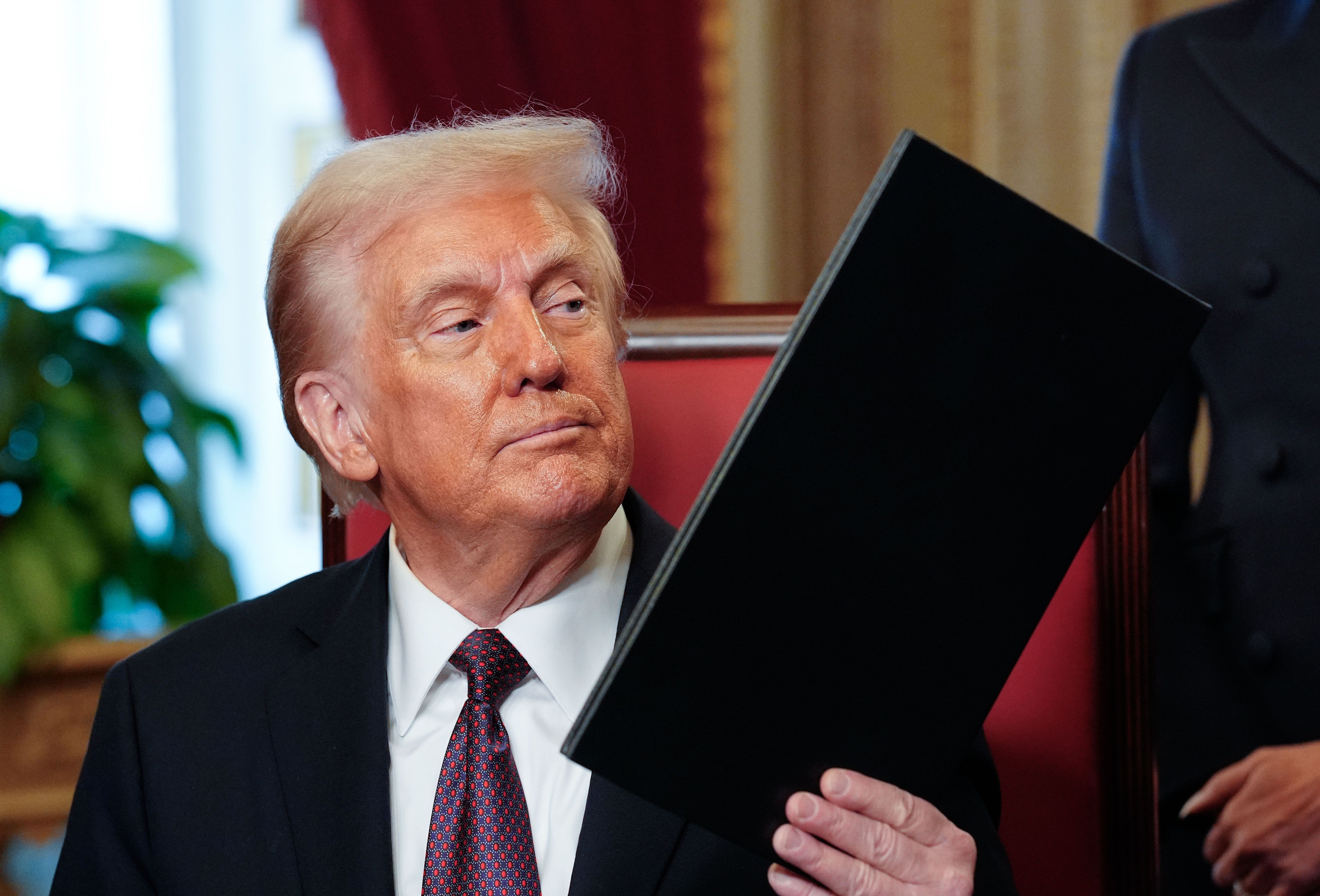
President Trump has proposed that the federal government hold digital currencies. Some politicians and media figures have raised concerns about the impact this could have on the U.S. dollar. However, the reality of Trump’s proposal contrasts significantly with the fears expressed by his critics.
BTC does not pose a threat to the U.S. dollar, and holding BTC or any other digital assets by the U.S. government should not be interpreted as an endorsement of those assets.
The U.S. dollar continues to dominate global currency reserves, constituting nearly 60% of all currency held by central banks as of December 2024, according to the IMF. Unlike traditional fiat currencies, bitcoin and other digital currencies lack a central bank control, eliminating the risk of an antagonistic relationship with the issuer of BTC unlike with the yuan or ruble.
Much of the U.S. foreign exchange reserves are in euros and yuan; yet, there is no push to cease holding those currencies. This is because retaining a currency in reserve does not equate to endorsing it. Countries maintain forex reserves primarily for liquidity to handle foreign trade.
Importantly, the U.S. dollar is vastly larger than BTC, with a value exceeding 1,150 times that of BTC, placing BTC as merely the 16th largest foreign currency by market cap at the start of 2024.
Moreover, the U.S. holds extensive gold and silver reserves, which are not used as currency today, without any fear that such holdings will signify endorsement of gold as currency.
Critics often argue that digital currencies possess no intrinsic value, likening them to art which has value derived from social perceptions. Similarly, the value of BTC comes from its scarcity and societal utility, serving as a hedge against government control.
Additionally, adopting virtual currencies would signify a leap forward for the U.S. in financial technology, allowing it to remain competitive and prepared for future changes in the financial landscape. Blockchain technology is already proving beneficial in reducing transaction costs.
In conclusion, Trump’s advocacy for U.S. involvement in holding digital currencies is economically sound and aligns with traditional practices of currency management, while also supporting the fintech sector, paving the way for progressive modernization.



